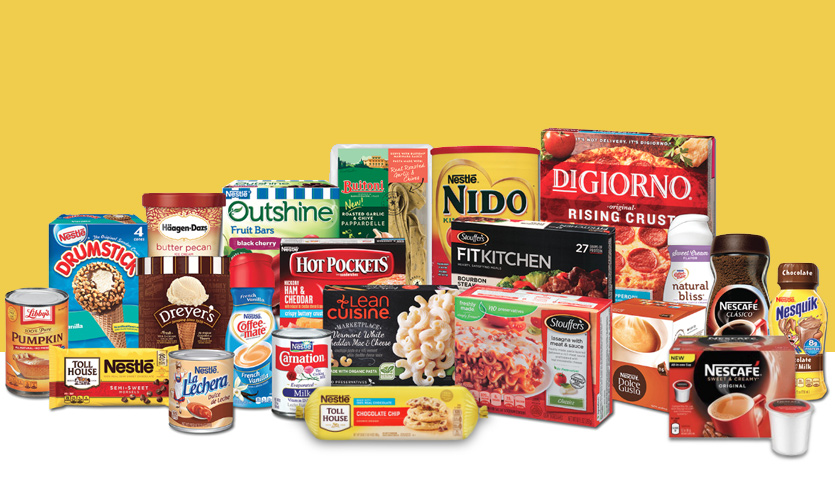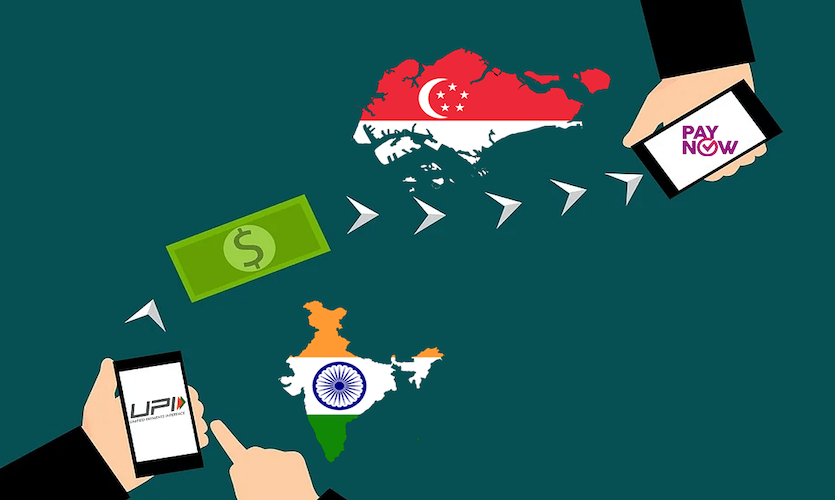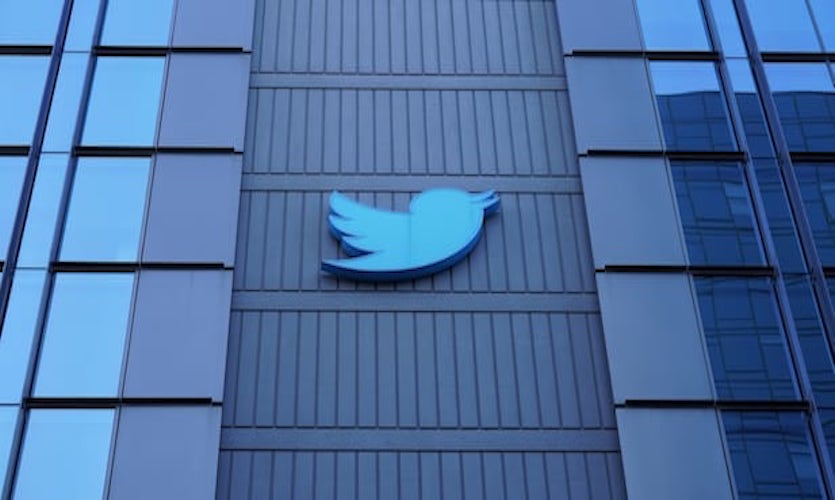What has come as a shocker is Nestle’s unhealthy food portfolio controversy. It was found that more than half of the brand’s products do not meet the specified definition of health. Recently, UK’s biggest business daily the Financial Times (FT) has acknowledged an internal presentation disseminated amongst Nestle’s top executives. The presentation elaborated that Nestle’s food portfolio was unhealthy in terms of standard health definitions. Snacks, beverages and certain drinks have been included in the same.
Additionally, Nestle has also acknowledged that in spite of changing the manufacturing methods or formulation of certain products, some of them might still remain unhealthy.
Are Nestle’s Food Products Unhealthy?
According to FT’s analysis of the presentation, only 37 per cent of Nestle’s products managed to achieve 3.5 rating or (higher in some cases) under health star rating methods of Australia.
The rating system defines the nutritional value and elucidates the potential risks and harmful ingredients in a product. A ½ star means very harmful and 5 stars mean highly nutritive. “Nestle’s daily consumer products are under radar. These can pose serious health risks to the people because of the ingredients they contain. Either they should be banned or changed to meet standards”, says Priyadarshan Tyagi, Nutritional Analyst at Abbott Nutrition, Telangana.
Further, nearly 90 per cent of the beverages excluding coffee, 40 per cent of dairy products and 18 per cent of waters have failed to meet the health standards.
Read more: Packaged Food Industry Is Booming Since 2020: Is It Lowering Your Immunity?
What Health Risks Does India Face?
As per FT’s reports, Nestle has accepted that most of its products underperform in foreign panoramas where the demands are sky-piercing and regulatory pressure is crushing. India is one amongst such lands. “In 2015, Maggi’s production was stopped over findings of high amounts of (Pb)lead. Nestle’s other products may cause similar damage. This is because foreign companies generally cut down on their health standards and localise the products in underdeveloped and developing companies”, explains Tyagi.
“Nestle has more than 50 per cent market share in India and is the largest consumer goods company in the nation. This means almost everyone consumes Nestle’s products, and hence everyone might be at risk”, comments Sarita Agarwal, Chief Nutritionist at JK Hospital in Prayagraj.
Is Food Portfolio Change A Solution?
While Nestle has promised to bring changes to its unhealthy food products by running a global project, some of its products won’t ever cross the healthy mark, especially beverages (excluding coffee). “Switch to local organic brands and simply avoid or limit your consumption of certain harmful products”, adds Sarita.
It should be noted that Nestle has not yet taken into consideration the safety of its pet food, baby products and coffee. This means that the health risks of these products are not yet defined. The public trusts MNCs while these production giants overlook health to reach the profit shares.









